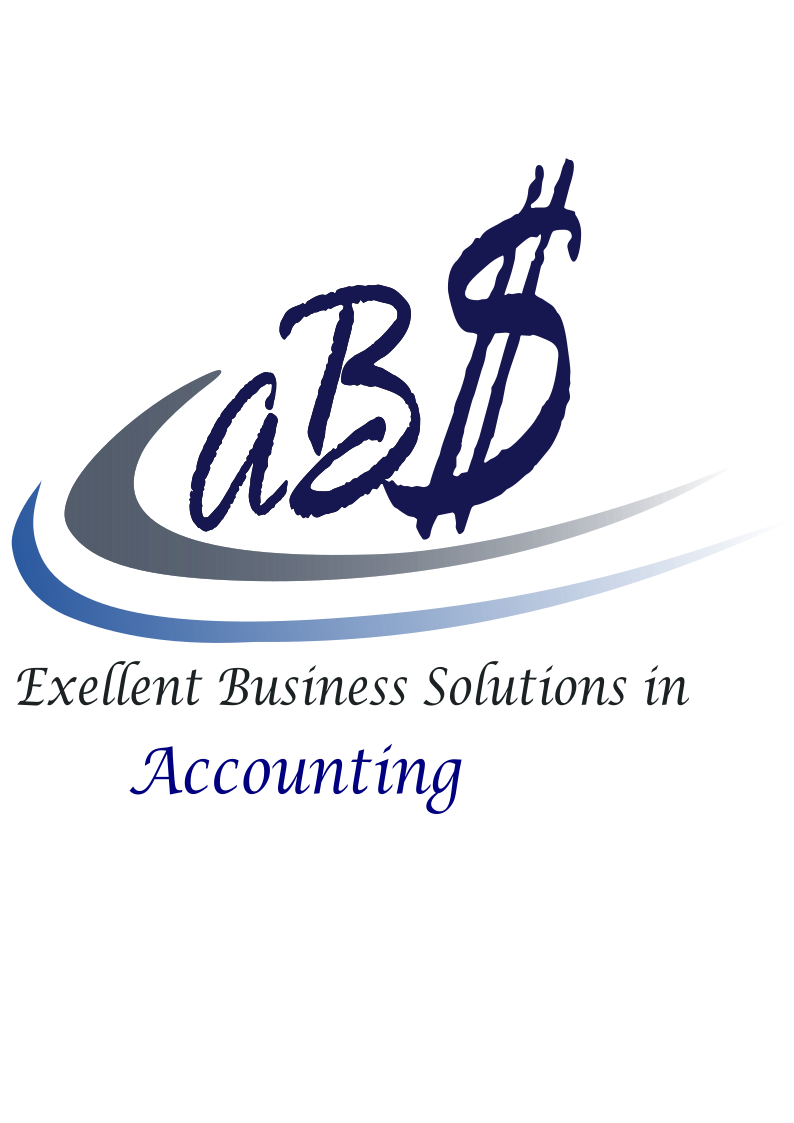Healthcare services subject to Goods and Services Tax (GST)

Taxable health care services (GST non exempt)
Cosmetic services
The exemptions for healthcare services do not cover cosmetic services or any associated supplies of property and services related to cosmetic procedures. A cosmetic service supply, as defined in the Act, refers to a property or service provided for cosmetic purposes rather than medical or reconstructive purposes. Taxable cosmetic services include both surgical and non-surgical procedures intended to enhance one's appearance, such as liposuction, body enhancements, hair replacement, botulinum toxin injections, and teeth whitening, unless they are performed to address a medical condition or for reconstructive purposes.
Additionally, any separate supply of property, such as the use of an operating room, drugs, medical or surgical prostheses, or any separate supply of a service, such as diagnostic services, institutional healthcare services, or nursing services, is also subject to taxation when they are related to cosmetic procedures.
Other services provided by regulated health care professionals
Regulated healthcare professionals offering management and administrative services are not exempt from taxation. For example, if a physician oversees research activities at a healthcare facility or educational institution, their service would not be exempt. Similarly, research services, project consultation, and facilitation services are considered taxable. Additionally, registered nurses providing services to a government, association, or healthcare facility would not be covered by the exemption for registered nurses.
Taxable health care services (GST non-exempt)
In general, basic healthcare services provided to individuals by healthcare providers specified in the Act are exempt from taxation. However, health care services delivered by other therapists and healthcare workers are typically not exempt. Despite these therapists and workers being certified professionals in their respective fields and holding provincial or territorial certifications, they are not specifically listed in the Act. Consequently, the exemptions outlined in the Act do not apply to their services, even if they offer similar services to those performed by identified healthcare providers like nurses or physiotherapists. Here are some examples of therapists and healthcare workers whose services are generally subject to GST/HST taxation (this list is not exhaustive):
- assistants such as physiotherapy and occupational therapy assistants
- social service workers (this is a separate profession from social workers)
- laboratory technicians;
- psychometrists;
- nursing care aides;
- polysomnographic technologists;
- acupuncturists;
- kinesiologists;
- massage therapists;
- naturopaths;
- reflexologists;
- homeopaths;
- reiki therapists;
- sports therapists;
- rolfing therapists;
- traditional Chinese medicine providers;
- phlebotomists;
- personal support workers
While the Act doesn't contain specific provisions exempting the services provided by the aforementioned healthcare providers, there is a possibility that their services may qualify for exemption if they fall under a more general exemption category. For instance, services provided by nursing care aides, when part of an exempt institutional healthcare service provided to a resident of a nursing home, are exempt from taxation. Furthermore, services similar to those offered by the mentioned providers might be exempt if they are rendered by an identified healthcare provider who is already exempt. For example, if physiotherapists are legally permitted to perform acupuncture as part of their physiotherapy services according to provincial regulations, then their physiotherapy services involving acupuncture would be exempt from taxation.
For more information please go to the Excise and GST/HST News - No. 80 (Spring 2011)
Or please contact GST/HST Rulings office at 1-800-959-8287 for information on how GST/HST applies to your supplies of health care services.
SUMMARY AND CONCLUSION
It is important for healthcare providers, therapists, and healthcare workers to carefully review the provisions of the Act to determine whether their services qualify for exemption or if they are subject to taxation. While basic healthcare services provided by identified healthcare providers are generally exempt, other services may require further examination to determine their taxability. Consulting with tax professionals or referring to provincial regulations can help clarify the tax treatment of specific services. Understanding the exemptions and taxable categories outlined in the Act will ensure compliance with GST/HST regulations in the healthcare sector.
Disclaimer: “Please note that the information provided in this article is of a general nature and may not be accurate for your specific situation. The information is current as of the date of posting and is not intended to provide legal advice. It's always recommended that you consult with a professional accountant and lawyer for personalized guidance and advice."



